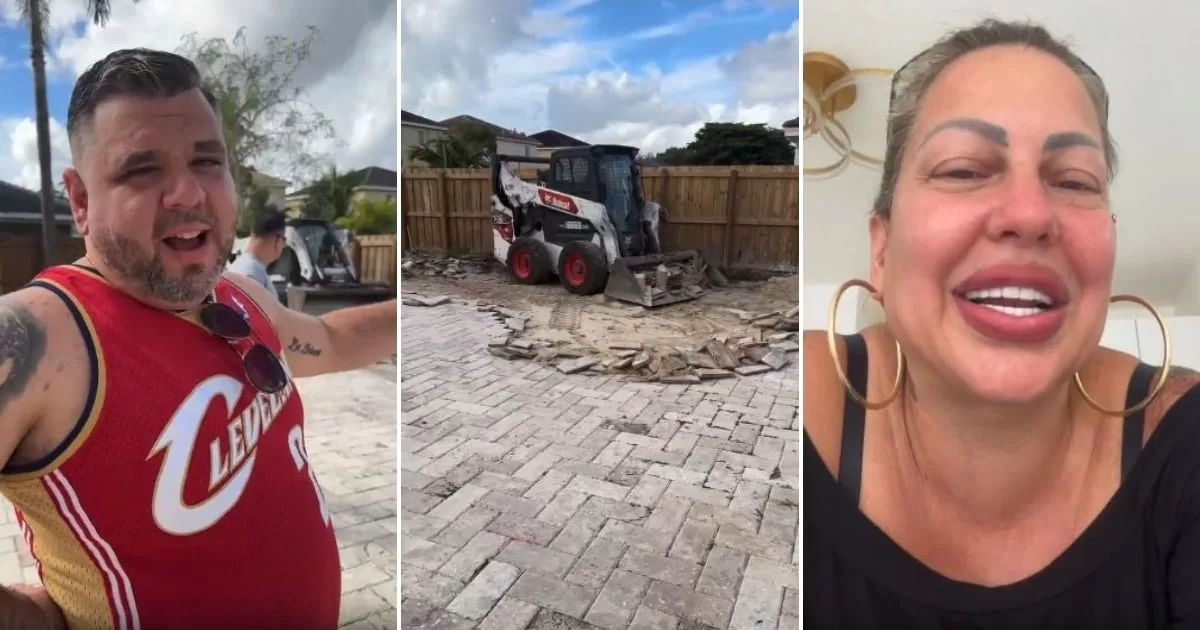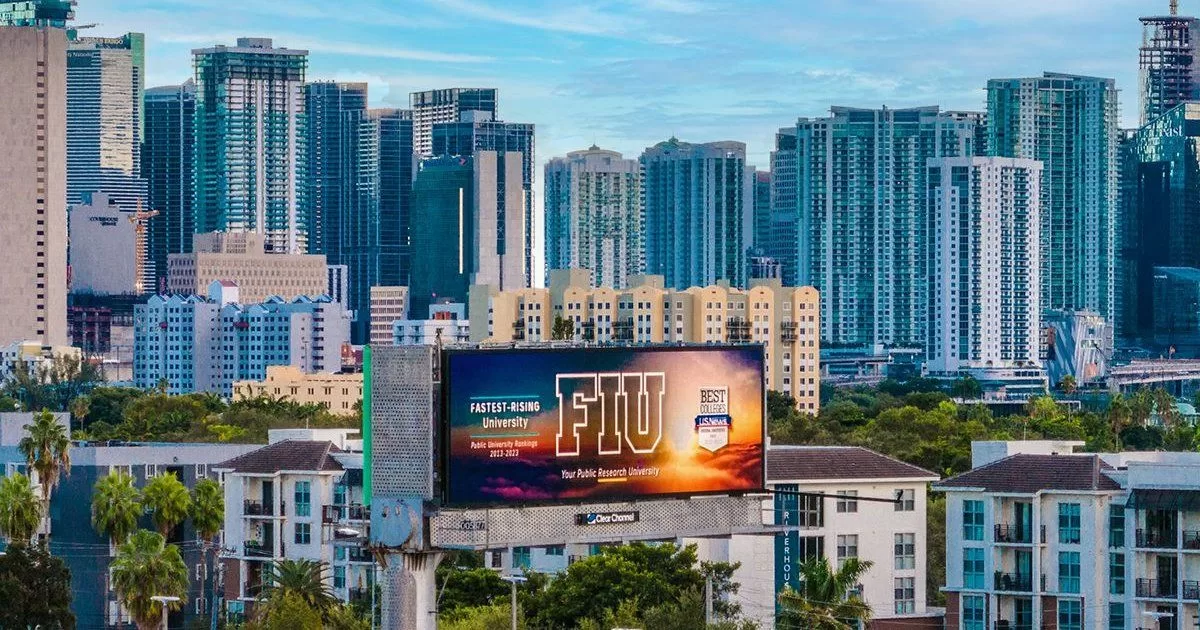The predictions failed again with Venezuela. Two years ago now Half the world celebrated the opportunity that was opening up in the country led by Chavismo since 1999. The serious economic and social crisis, deepened by the pandemic, and the international isolation then forced the Government of Nicolás Maduro to make a move. His popularity had fallen, and most Venezuelans unable to flee the country were struggling to survive. Maduro perhaps saw his final close, which is why he chose to open his hand to gain some air. He allowed the entry of international aid, released some political prisoners, appointed an electoral body with an opposition presence and opened a dialogue with the opposition in Mexico. The idea that it was time to move towards elections with guarantees in 2024, that is, with a chance of victory for anyone who did not carry a Chavista card, spread from the European Union to the US Today, that option is receding every day. . It is as if Maduro felt that the recovered oxygen was enough for him to go to the polls with the world against him, but the result was in his favor.
The last blow was consummated this week. The resignation of the pro-government rectors of the National Electoral Council (CNE) led the Government to announce a process to form a new electoral body. That last CNE that looks into the abyss had been appointed in 2021 and had included two rectors out of five not directly linked to Chavismo. The opening signal was celebrated internationally. The European Union even approached the possibility of participating again as guarantor of an electoral process that is expected for 2024. Under this CNE, regional and local elections were held in November 2021, in which the opposition participated, even with some important victories. . The results, for the first time in years, were recognized by all parties. With this maneuver, Chavismo could regain control of a key institution for any democratic process. Michael Penfold, global researcher at the Wilson Center, acknowledges that it is a very hard blow: “It is a great setback, a very negative turning point.”
The CNE had gained prominence in recent weeks due to the proximity of the primaries called for the opposition to be held in October, a process from which it should emerge as a rival to Maduro at the polls. The Venezuelan opposition is dragging a historic fracture between two opposing sectors. One that advocates a strategy of confrontation and non-negotiation with Chavismo, led by heads like María Corina Machado or Leopoldo López, and another moderate sector that defends dialogue and the institutional path to gain ground against the ruling party. For many years, the strategy that prevailed, with international support, was the hard line, which ended up being a staged failure at the end of 2022 with the self-dissolution of the parallel government of Juan Guaidó.
This perennial confrontation was highlighted when organizing the opposition primaries. The moderate sector wanted the CNE to provide logistical support in the primaries, while candidates like Machado -who is currently leading the polls- refused to participate if any type of state intervention was included. One day after the Government announced the process for a new CNE, this Friday, the opposition made the decision not to include the electoral council in its process: “We will advance in a self-managed consultation.” Both the radical and moderate candidates supported the measure, including the moderate Henrique Capriles, who once again called for opposition unity. Supporters of María Corina Machado, meeting with their leader at a rally in Barquisimeto, celebrated the decision as an achievement of the movement.
The political scientist Colette Capriles considers that the idea that the primaries are self-managed is “absurd” because the opposition does not have the logistical capacity to organize a massive process. “In the end it means that there are two winners: the government, which once again raises the conflict and sows distrust, and the position of María Corina Machado in the face of the moderate positions of the opposition, which are weakened,” she adds. For the political scientist and academic, if the opposition had accepted the support of the CNE, it would have made it more difficult for the government to regain control of the body. “Logistic support would have legitimized these primaries in the eyes of the government, it was a way to protect the result and the process,” she says.
But Maduro has no intention of giving up any ground or facilitating any path. In recent months he has recovered internal authority and diplomatic jurisdiction. After years without leaving the country, he has been seen at some international and regional summits. The economic situation surpassed the terrible moment experienced two years ago thanks to oil revenues and a certain liberalization of the economy, although it is still a growth within the reach of very few. With all this, the president has hardened his demands in the framework of the political negotiation with the opposition. He especially demands the release of the Colombian businessman ally of Chavismo, Alex Saab, tried in the United States for money laundering and corruption.
Join EL PAÍS to follow all the news and read without limits.SUBSCRIBE
During this time, the US has made some concessions, a change in strategy that began with the departure of Donald Trump and the victory of Joe Biden and which deepened with the world energy crisis derived from the war in Ukraine. Washington freed two nephews of the Venezuelan first lady, Cilia Flores, accused by the DEA of drug trafficking, and has authorized the issuance of a license that allows Chevron to expand its operations in the country, which has partially alleviated the ruined national coffers. These licences, which can be extended to other companies, would be conditional on the commitment to hold fair, fair and verifiable elections.
But it was not enough. Talks with the opposition in Mexico have been paralyzed since November and Chavismo refuses to return to the table. Maduro and his spokespersons have been demanding since the end of the year the full lifting – and not progressive, as had been agreed – of the international sanctions against the country as a condition to restart the political dialogue. “If they want free elections, we want sanctions-free elections,” the president said in November, conditioning democracy on sanctions. Chavismo assumes no responsibility for the paralysis of the national economy and accuses the crisis exclusively of international sanctions, many imposed for undermining democracy and kidnapping institutionality.
FUENTE: www.elpais.com
Leave your comment



